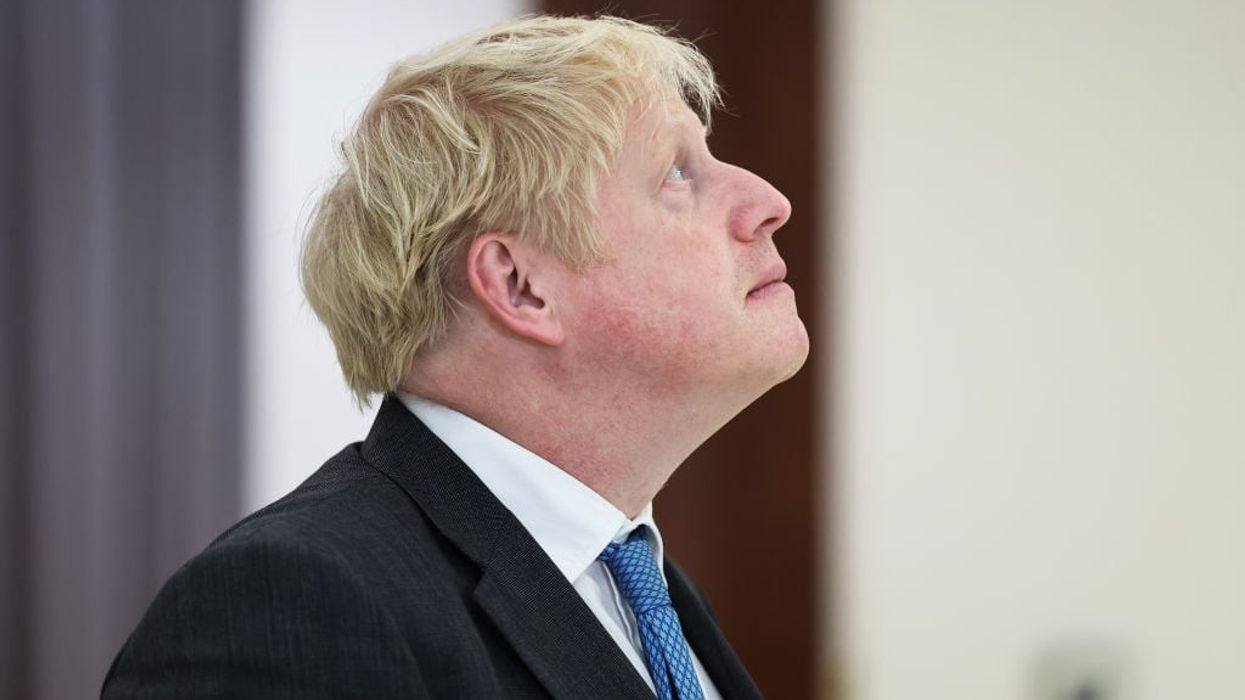UK Prime Minister Boris Johnson has ruled out priority access at the pumps for key workers, insisting a fuel supply crisis to British petrol stations was improving, even as forecourts remained gridlocked with motorists desperate to fill up.
In his first broadcast comments on the crisis that has seen the army put on standby to deliver supplies, Johnson said there was no need to allow essential workers to jump the queue.
"With the situation now stabilising and things getting better on the forecourts, the best thing is we stabilise it in the normal way," he told reporters.
Lengthy queues formed outside gas stations across London on Wednesday (29), with signs on the orbital motorway around the capital warning that no fuel was available at some sites, Reuters reporters said.
The government said on Tuesday (28) that fuel shortages across the country had started to stabilise, after a rush of panic-buying left fuel pumps dry across major cities.
Five days of long queues at filling stations across Britain have caused traffic gridlock and frayed tempers, with some motorists even using plastic water bottles to get supplies.
Johnson on Monday (27) night put the army on standby to drive tankers from refineries, after a day of denials that troops were being readied for deployment.
The Petrol Retailers Association (PRA) said 37 per cent of its members' forecourts had reported being out of fuel on Tuesday morning.
"With regular restocks taking place, this percentage is likely to improve further over the next 24 hours," PRA executive director Gordon Balmer said.
Johnson urged the public "to go about their business in the normal way and fill up... when you really need it", blaming global supply pressures for the situation.
And he defended his dramatic U-turn on post-Brexit immigration policy that offers European truckers a three-month visa waiver to plug the driver shortfall.
Critics say that would not be enough to tempt many foreign lorry drivers to return and pushed for longer.
But Johnson said "low wage, low-skilled immigration" was "not the way we want the UK to develop".
'Country reduced to chaos'
The leader of Britain's main opposition Labour party, Keir Starmer, said the government had reduced the country to "chaos" and had no clear plan.
Haulage industry bosses had told him the government "is denying there's a problem, then blaming somebody else, and then coming up with a half-baked plan"," he added.
Fuel shortages are now having a knock-on effect across several sectors, with non-league football matches cancelled and schools warning of a return to online lessons if teachers are unable to reach classrooms.
A shortage of truckers even before the fuel supply crisis has led to empty supermarket shelves and delivery delays, stoking fears of a lack of food and toys for Christmas.
The British Meat Processors Association said panic-buying of fuel could make supermarkets' existing supply chain problems worse.





